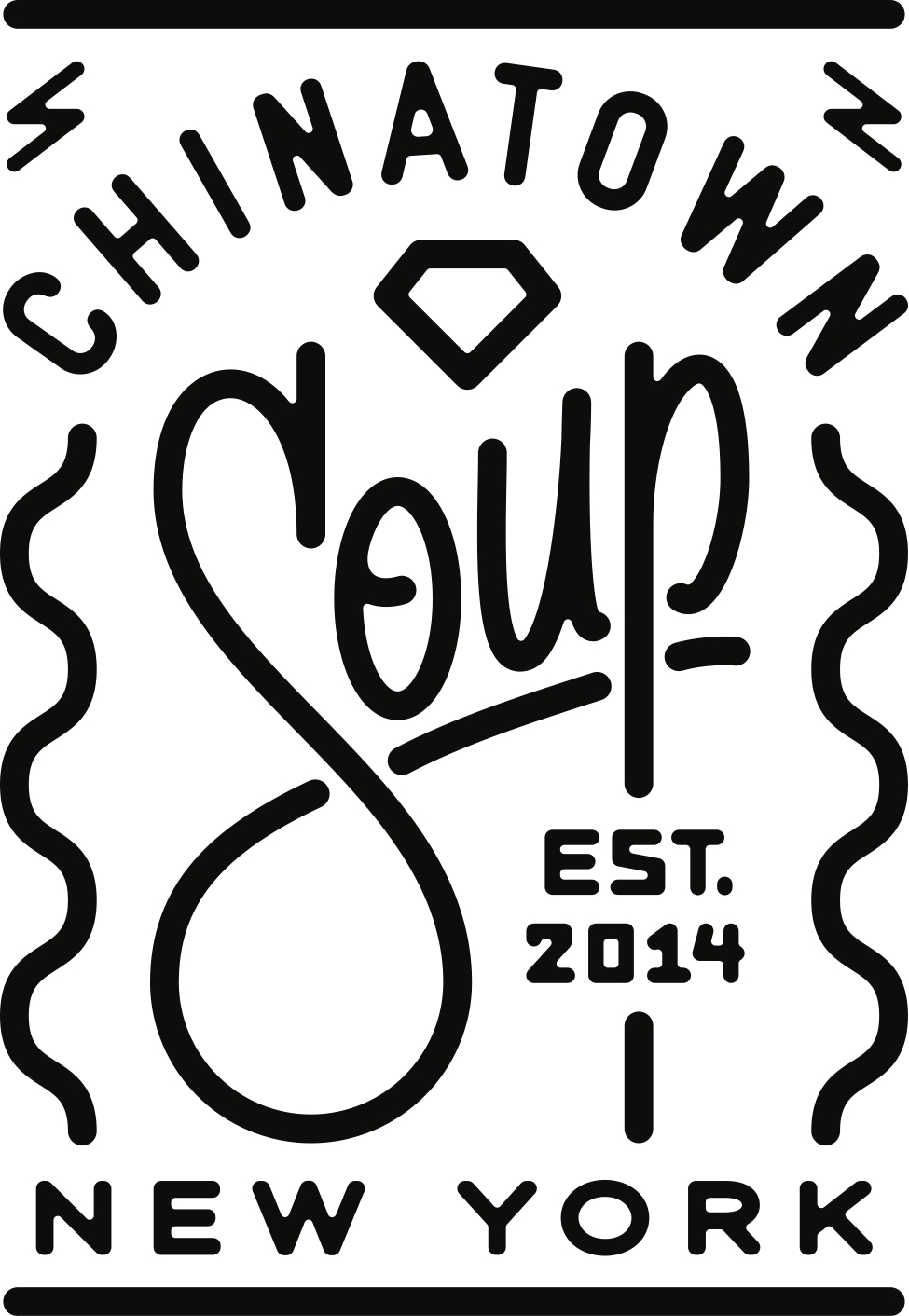KARAMELL
Pintor o cazador de palabras
Ronaldy Navarro, Ronny como solemos llamarle cariñosamente
nacido en Sabanillas del Encomendador. Es un guajiro que cuando habla,
habla sin parar, se encomienda a las palabras. Las engulle, las desnuda, las transpira
convertidas en frases en las que se unifican la poesía refinada con inesperadas
expresiones populares, canciones o cualquier otra espontánea manera de decir.
En el acto efímero de cazar y casar las palabras, está la fuerza de su discurso,
nos acerca a ellas, nos hace conscientes de cómo las utilizamos sin pensar,
en lo que viene después que sedimentan en nosotros.
Todos los domingos, como ir a misa, Rony después del mediodía empieza su liturgia,
su acto de Fe. Pegar los posters, los carteles con las trampas idiomáticas que,
al caminar entretenidos, vamos a mirar como parte del paisaje.
Él sabe que Dios está en cada palabra, en cada una de ellas están nuestros muertos,
nuestros amores, nuestro dolor, nuestro deseo de ser visibles, recordados, nuestro
deseo de ser escuchados sin distinción.
El diálogo público y anónimo. El diálogo infinito.
—Armando Suárez Cobián
Chinatown Soup is delighted to present KARAMELL, an exhibition of poetry, paintings, and piñatas by Ronaldy Navarro that is on view through February 27, 2022. Please join us for an after hours reception on Thursday, February 10th from 6-8pm and an evening of live music featuring sounds of the artist’s native Cuba on Thursday, February 24th from 7-9pm.
La libertad es lo que hace con lo que te han hecho (‘Freedom is what you do with what's been done to you’, originally stated in French by Jean Paul Sartre) is among many turns of phrase that have captured the artist’s imagination and resulted in the foundational work on display at this exhibition. KARAMELL is representative of Ronny’s ongoing search for what freedom means when we have nothing left to lose.
While en route to New York from his native Cuba, the artist spent over a decade in Buenos Aires until 2007, where he began posting bills of found poetry in conversation with working class solicitations and band posters that locals printed on varicolored newspaper—relic materials from the city’s era as a letterpress printing powerhouse. Initially inspired by Federico Garcia Lorca’s writing to rebel against Soviet glorification of academic technique that dominated communist Cuban art, in addition to the Concrete Poetry Movement’s emphasis on typography and syntactical arrangement as primary mediums, Ronny began listening to people in the streets and developing his own synesthetic process of transmuting the emotion of everyday vernacular into colorful messages for life. He remembers his father telling him: “You can find poetry on the leg of a table, you just need to be aware.”
In early 2020, when art supply shops closed and jobs disappeared, Ronny once again started from where he found himself—this time in New York recreating the poem-as-poster by hand. Every Sunday since, he has installed his work on the doors to a parking lot near the Williamsburg Bridge, with the blessing of longtime friends from Argentina who run the adjacent bakery. No longer constrained by limitations associated with illegally decorating streetscapes, the artist had room to deepen his experimentation. He invented his own font and colorways recalling Tibetan markers of illumination with yellow and orange as well as the blues and purples of Caribbean funeral rites and the pinks and greens that respectively highlight our neon and natural environments.
Works from the artist’s 2021 experience include crated acrylic on paper sculptural objects, a mixed media collage of found materials from the Cologne Carnival, and a pair of handmade unicorn piñatas that center the installation. Together, they invite us to consider how contemporary urban superculture directs people to follow patterns of movement and thought without thinking. We must hit back, believe in our magic, and keep hope alive for hidden treasure at the end of limitless rainbows…
Through his art, Ronny is trying to reclaim a piece of innocent happiness as a member of the analog generation living in today’s paranoid supercomputer matrix. He is most afraid of losing his sense of humor. He questions why prevailing notions of authority demand that we behave like adults but insist on treating us like children. In response, Ronny dedicates this exhibition to a five year-old boy named Flippie, who was celebrating his birthday at the Cologne Carnival. Meeting Flippie reminded him that each of us contains a liberated and delighted inner child apart from the damaged adults we tend to identify with—a spirit unafraid to express desire for “KARAMELL!” (CARAMEL!)
Ronaldy Navarro was born in Sabanilla del Encomendador in Matanzas, Cuba—a little town where he cannot remember anyone making art. His Afro-Cuban neighborhood was defined by its practice of shamanism and, while at times unaccepting of his mixed Spanish and Chinese ancestry, its appreciation of raw beauty and natural power inspired Ronny to express himself. At the age of 12, he enrolled at the province’s School of the Arts, beginning years of clashing with institutional education that led him to reside in New York, “the city of artists,” in 2007. Here, Ronny has made remarkable friendships, which encourage him to continue creating. When Ronny isn’t making his own work, he’s installing work made by others as a professional art handler.
